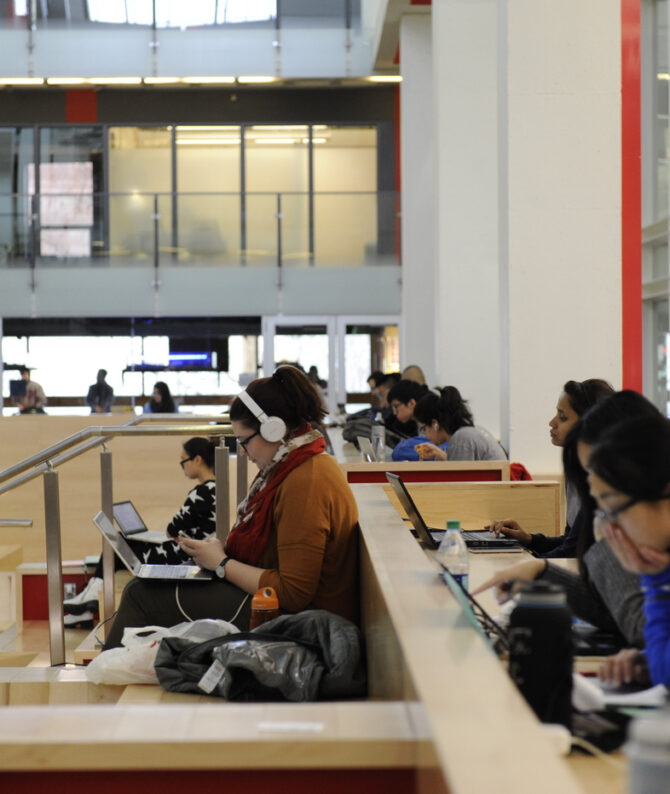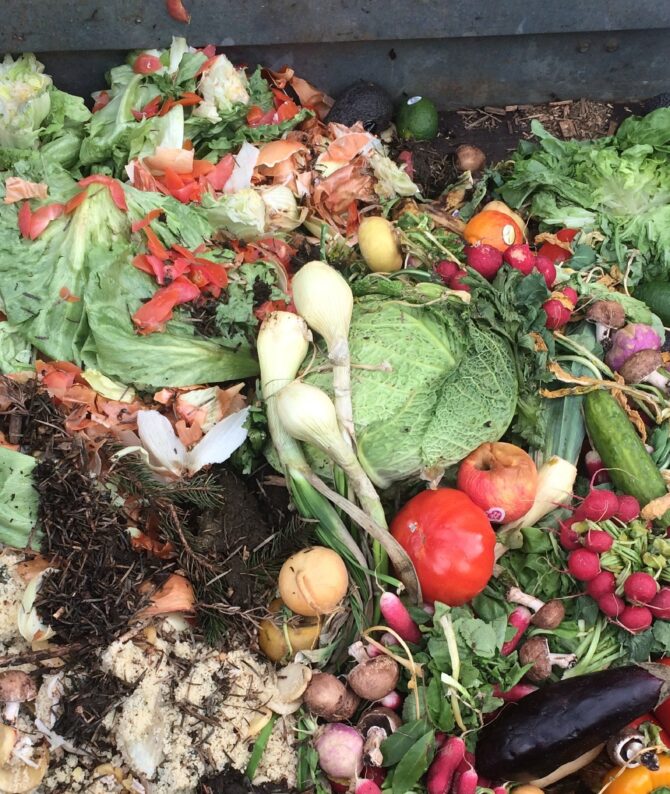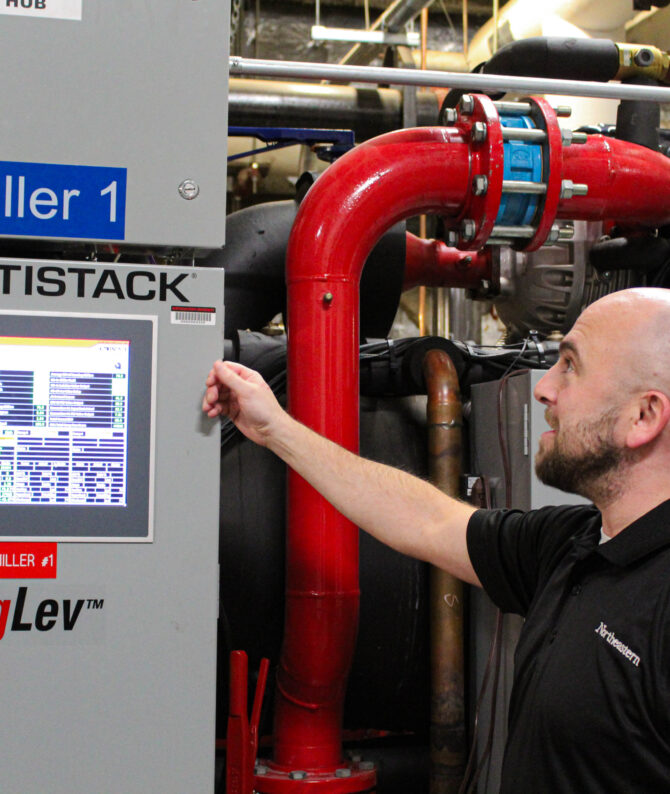A Second Life for Gently Used Appliances
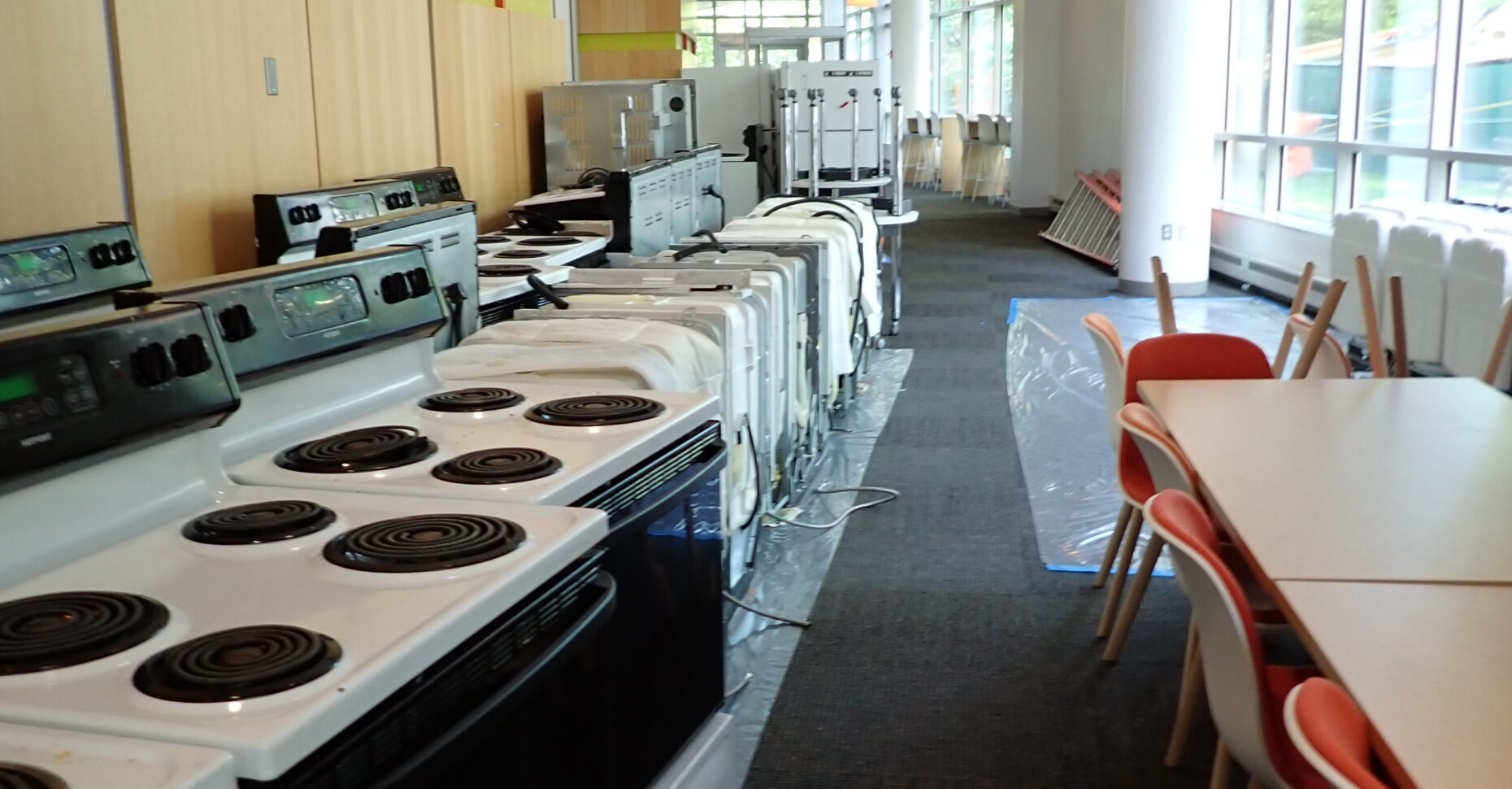
By Julia Laquerre with the Climate Justice and Sustainability Hub
When students entered their freshly renovated West Village G residence hall, they were welcomed by brand new state-of-the-art appliances and freshly renovated floors. What they didn’t know was the effort invested in installing these upgrades and retiring the used ones.
The lobby of the dormitory overflowed with refrigerators and ranges, presenting a logistical challenge in making space for the new appliances and ensuring proper disposal of the old ones.
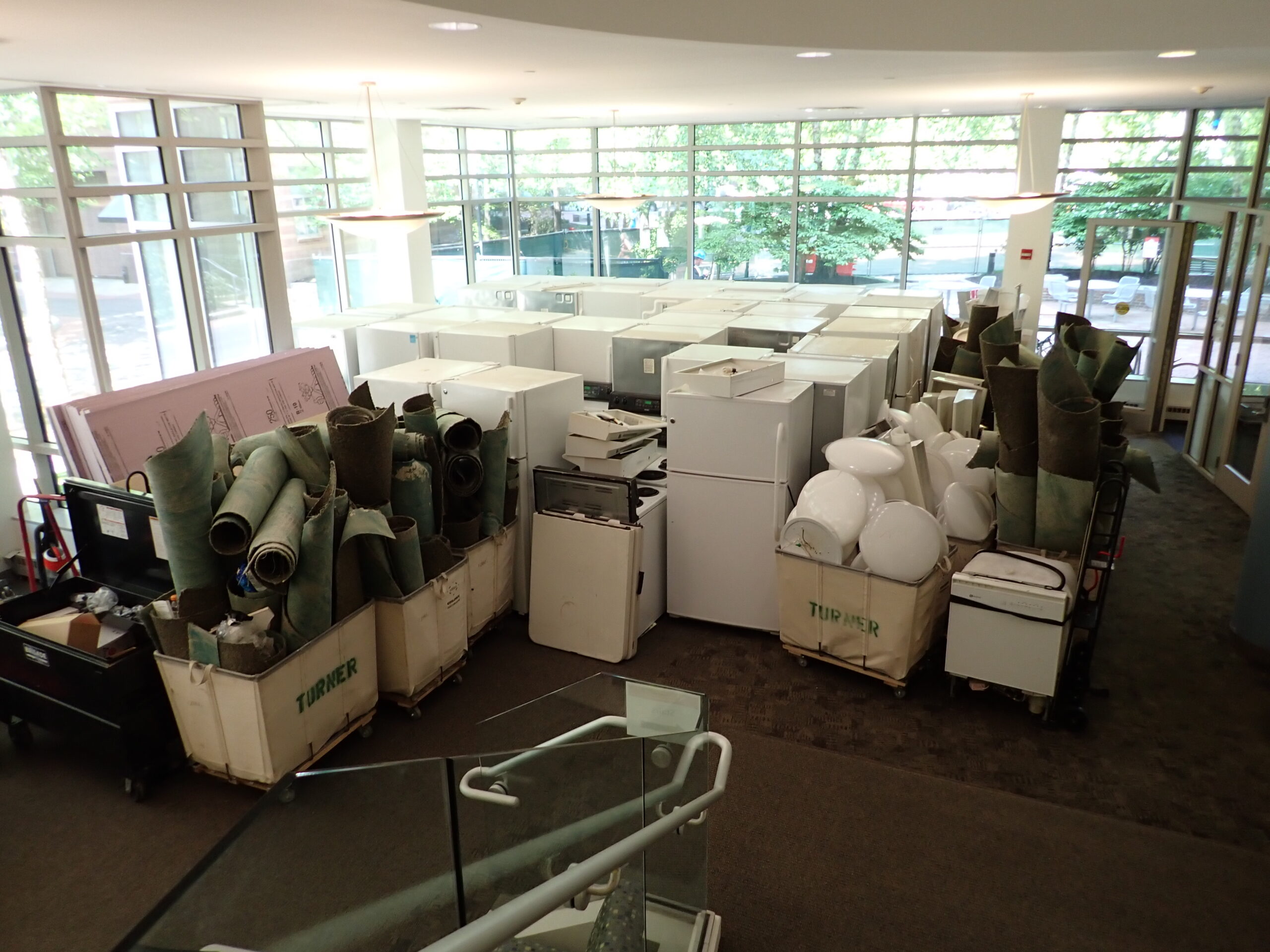 |
Typically, when Northeastern University needs to part ways with used appliances, they hand them over to Home Depot for responsible disposal of them. But Juan Gil Figueroa, the Senior Capital Projects Manager of the Planning, Real Estate, and Facilities Division, had an idea – he envisioned a second life for these appliances by donating them.
 |
He described that “diversity fosters innovation,” and it is a key factor in approaching challenges in a new way. His unconventional idea sprouted from contemplating alternative ways to serve. “Items deemed unsuitable or just don’t meet the needs for the university might still have life left, and we should always look at how we can extend its life.”
Formulating a plan, Figueroa collaborated with the non-profit Boston Building Resources, a local organization that resells donated appliances, furniture and excess building materials from Massachusetts locations. 80% of its sales are in the Boston community and 75% of its sales are to low-income individuals, Boston Building Resources merged as an ideal partner for giving back to the local community. Additionally, they offer discounts to those qualifying as low-income, allowing everyone access to working appliances.
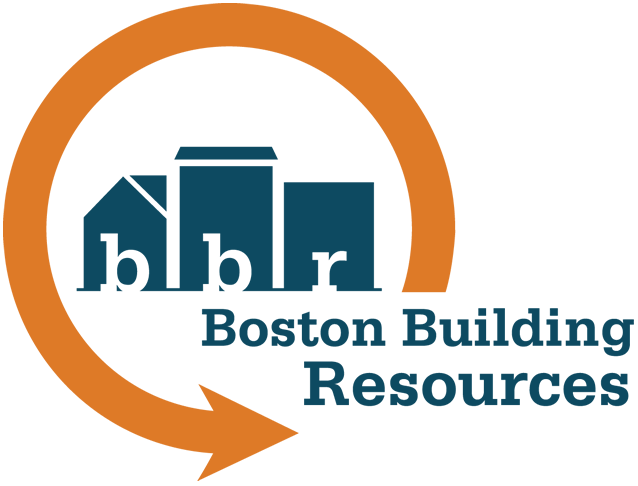 |
But there is one caveat to his plan; when the refrigerators no longer work, how could they guarantee they are disposed of properly? Recycling refrigerators lies in handling hazardous materials, with each component requiring specific disposal or recycling methods. While Northeastern has the necessary resources and connections for proper recycling, not everyone does.
Addressing this environmental concern, Ann Mizner McKay, the Director of Risk Services and Assistant General Counsel, joined the project. She played a pivotal role in negotiating the terms and conditions of the arrangement and she facilitated the insurance issues associated with the program, accrediting the university to collect used appliances and dispose of them in an environmentally friendly way.
“I feel it is critical that we take responsibility for our actions and surroundings. The goal was to not place the burden [of disposal] on the recipient. Something as little as making sure a refrigerator is properly disposed of can actually help others. And it’s really wonderful, a simple example of paying it forward,” said Mizner McKay.
While the primary objective was appliance disposal, the team prioritized the process. Instead of opting for the standard recycling route, they chose an approach that benefited the Boston community and the environment. They hope to continue such endeavors and collaborate with Boston Building Resources on future donation projects.
Juan Gil Figueroa concluded, “It’s not always about the outcome. It’s the process that’s most important,” As Northeastern embarks on this sustainable journey, there’s an exciting anticipation for the ripple effect of these efforts that could create and inspire more innovative initiatives that foster a culture of responsibility and care for our shared environment.
Wirtten by Julia Laquerre 12-08-23

